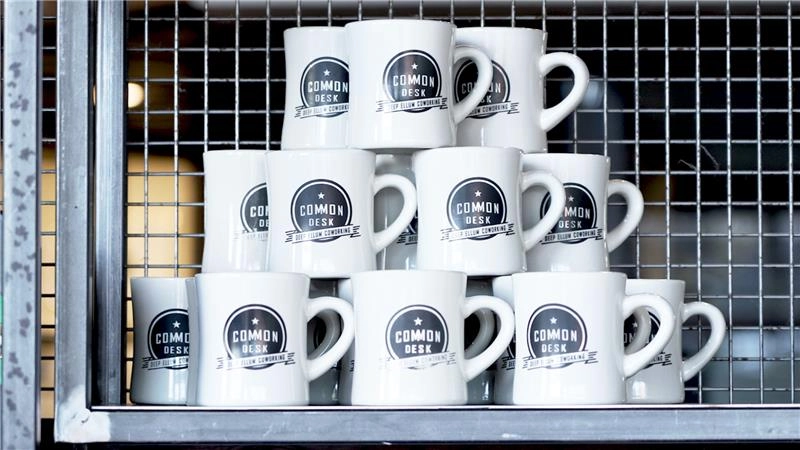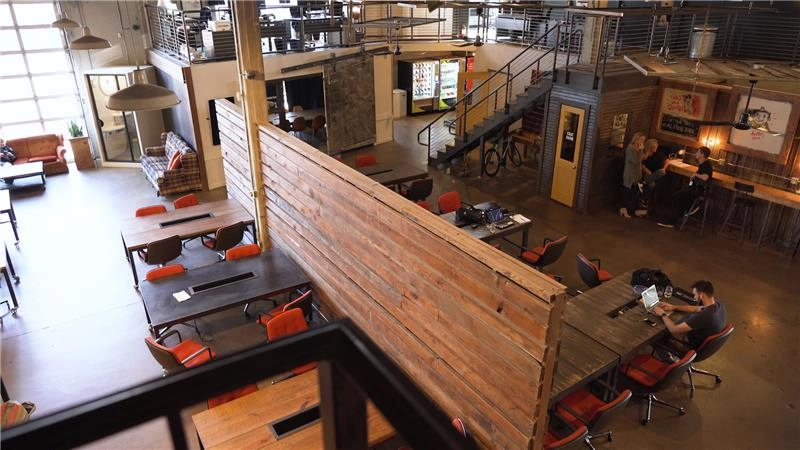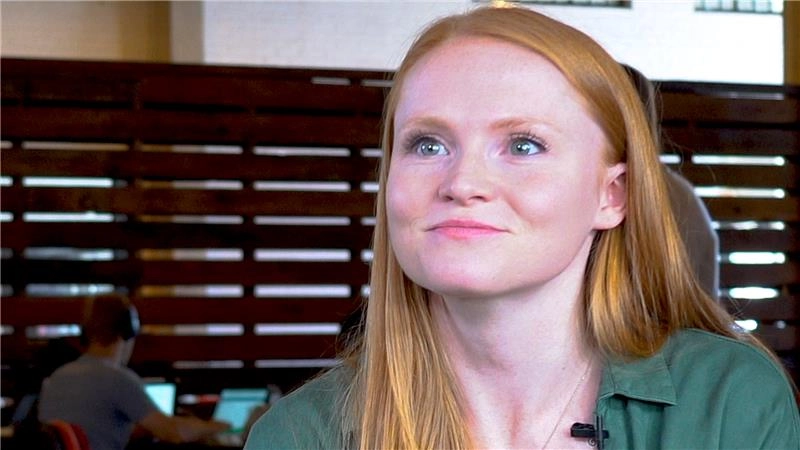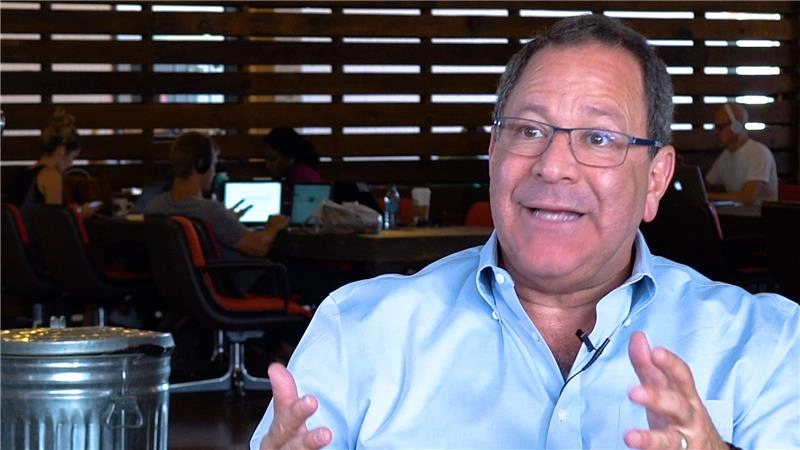Inside The Dallas Coworking Space That is Changing People’s Idea of an Office
The stereotypical office environment is not typically associated with hospitality. Traditional cubicle-filled layouts fill office towers across the United States and the world, but new trends driven by new technology are redefining what workers need from their environment.
Coworking has carved its own niche among younger professionals and has become a viable option for seasoned laborers as well.
“As the millennials join the workforce and [are] becoming a much bigger part of the workforce, they don’t want to be sitting in a cubby by themselves. They want to be amongst other people, even if they’re working on their stuff,” Joe Harberg, CEO and Co-Founder of ESPN Cup said. “When I first started 30 years ago with an office, it was all about individual offices and cubbies for the assistants.”
Harberg currently operates out of an office inside Common Desk, a Coworking space in the Deep Ellum neighborhood in Dallas, Texas.
Coworking spaces are offices that allow anyone from freelancers to small business owners to work under a shared roof with other professionals. Common Desk, which has 72,000 square feet of office space across four Dallas-Fort Worth locations and plans to open two more spaces, is capitalizing on an idea spawned from the early days of coffee shops. It even offers its own brand of coffee in-house. However, it does not see coffee shops as a business competitor.

“I think people in this day and age can work anywhere. We don’t necessarily view commercial real estate or Starbucks as big competition,” Megan Kaye Marti, Head of Brand Management at Common Desk said. “It’s more so an opportunity for education, because people who might be officing from a Starbucks, they might not have any idea that a coworking space is right down the street where they get to get to their free coffee and their favorite coffee drink without having to sit in a tiny corner and search for outlets all day.”
A walk through Common Desk’s modern industrial-style space leaves no doubt that this is a departure from the status quo. The two-story open layout has several communal desks, a nap room, an outdoor patio and yet still feels intimate.

Common Desk’s mission statement positions the company as a “tech-enabled hospitality” company that helps professionals “experience the work they do.”
This focus on hospitality, technology and experience is how it believes it can differentiate itself from office parks and buildings that still dominate the traditional working environment of today.
“Hospitality is just our biggest core value. We definitely align with the hospitality industry, but technically, we can be real estate as well,” Marti said. “As we continue to grow and expand our offerings, hospitality definitely encompasses all of it beautifully together.”

Common Desk also has amenities like a beer tap, ping pong and a gym, and continues to implement technology into its space not only to benefit workers but to build a stronger community among the independent business-people that frequent the space.
“We are actually building out our own technology. It’s called Ellum…and we’re launching our app next week,” Marti explained. “We’re really excited about it. Common Desk has always used tech in some form or fashion to drive the way that we approach hospitality in our spaces.”
‘Ellum’ is a platform where the Common Desk community can communicate and stay up to date on networking events and general news about the space. The company plans to launch it soon.
Connecting the companies in the space is important to Common Desk and has proven to be a benefit to Harberg in his time there.
“We get so much benefit from other businesses being around us. Not that we’re necessarily selling them, but that we use them, and we use each other, really, in the Common Desk space for a lot of benefits,” he said.
Harberg went on to explain that he was able to find a trio of graphic designers at Common Desk on a moment’s notice when he was in a bind, a moment that cemented in his mind that coworking was an idea that would stick.

Coworking may not be an option for major corporations, but its ideas may soon permeate offices of all sizes. As Harberg points out, a changing workforce and expectation is already underway and places like Common Desk are capitalizing on it. As other industries become more immersive and experiential, Marti says the same desire will spill into office spaces.
“Companies who aren’t putting experience first are the ones who are typically falling behind, because people just want that memorable moment when they’re doing things they would be doing anyway,” she pointed out. “It’s really interesting to watch the trends change.”
Common Desk is proving that expectations are changing among workers of all ages. If it is going to continue to pry a bigger portion of the workforce out of traditional offices, it is likely that its emphasis on hospitality and technology will be driving it.








